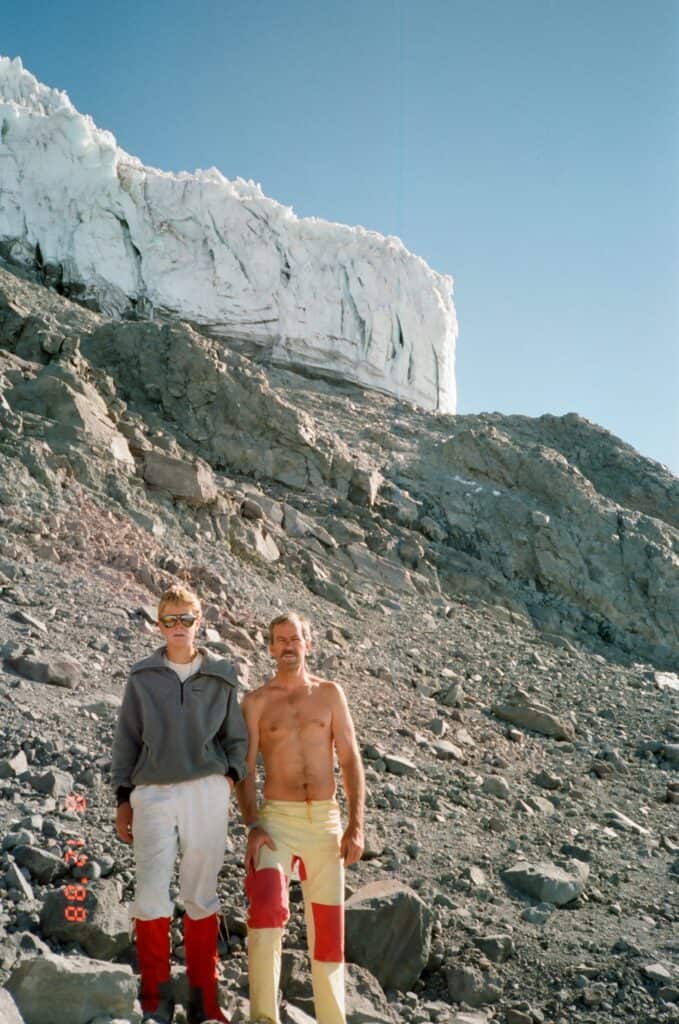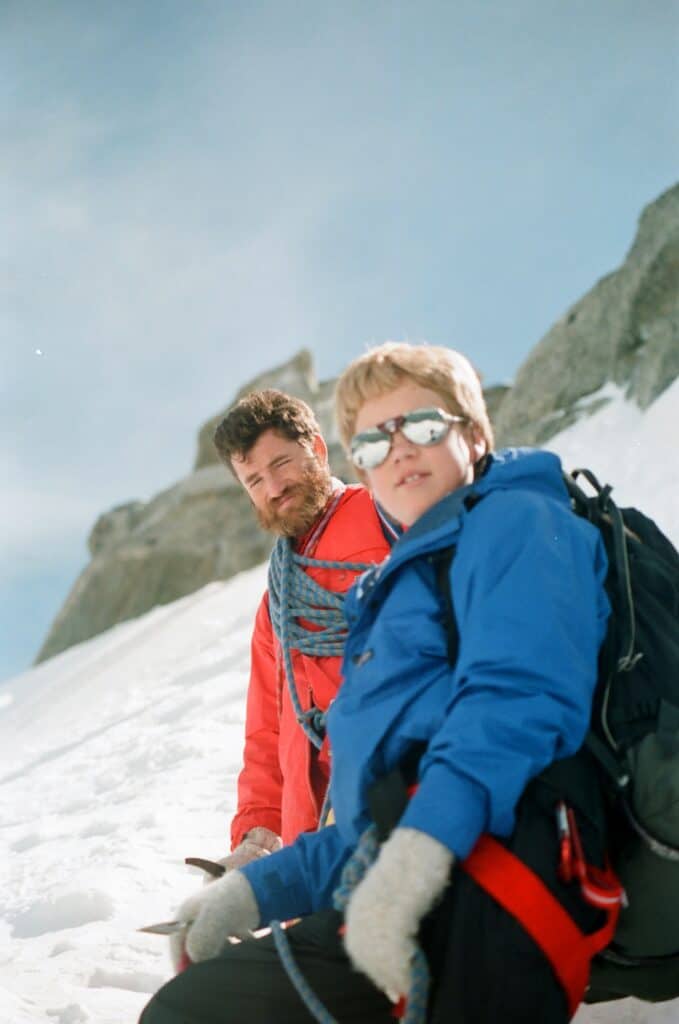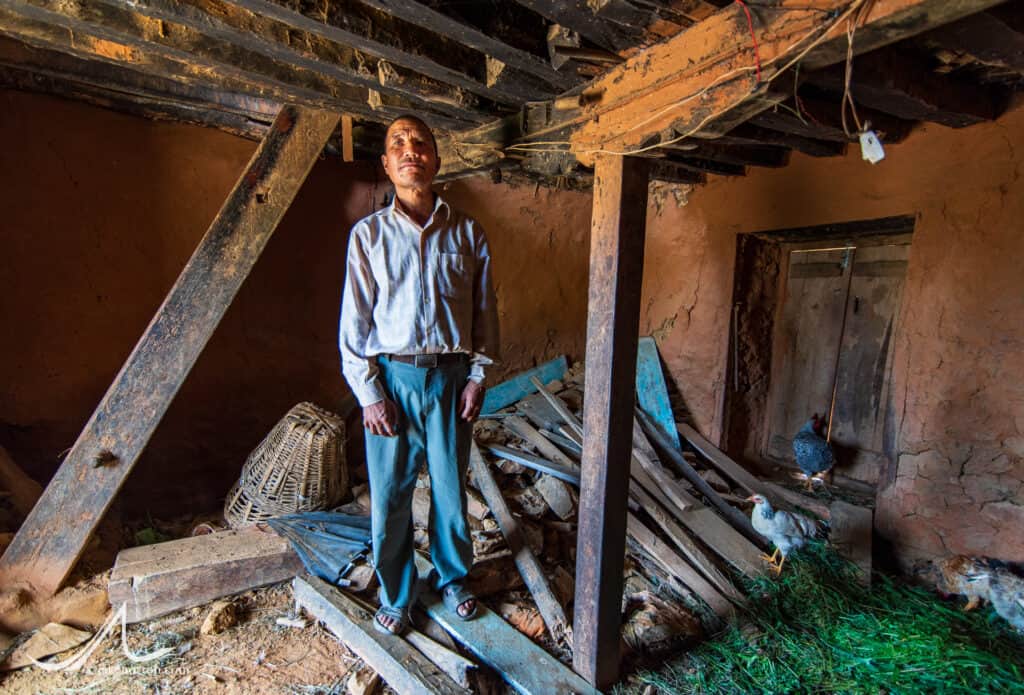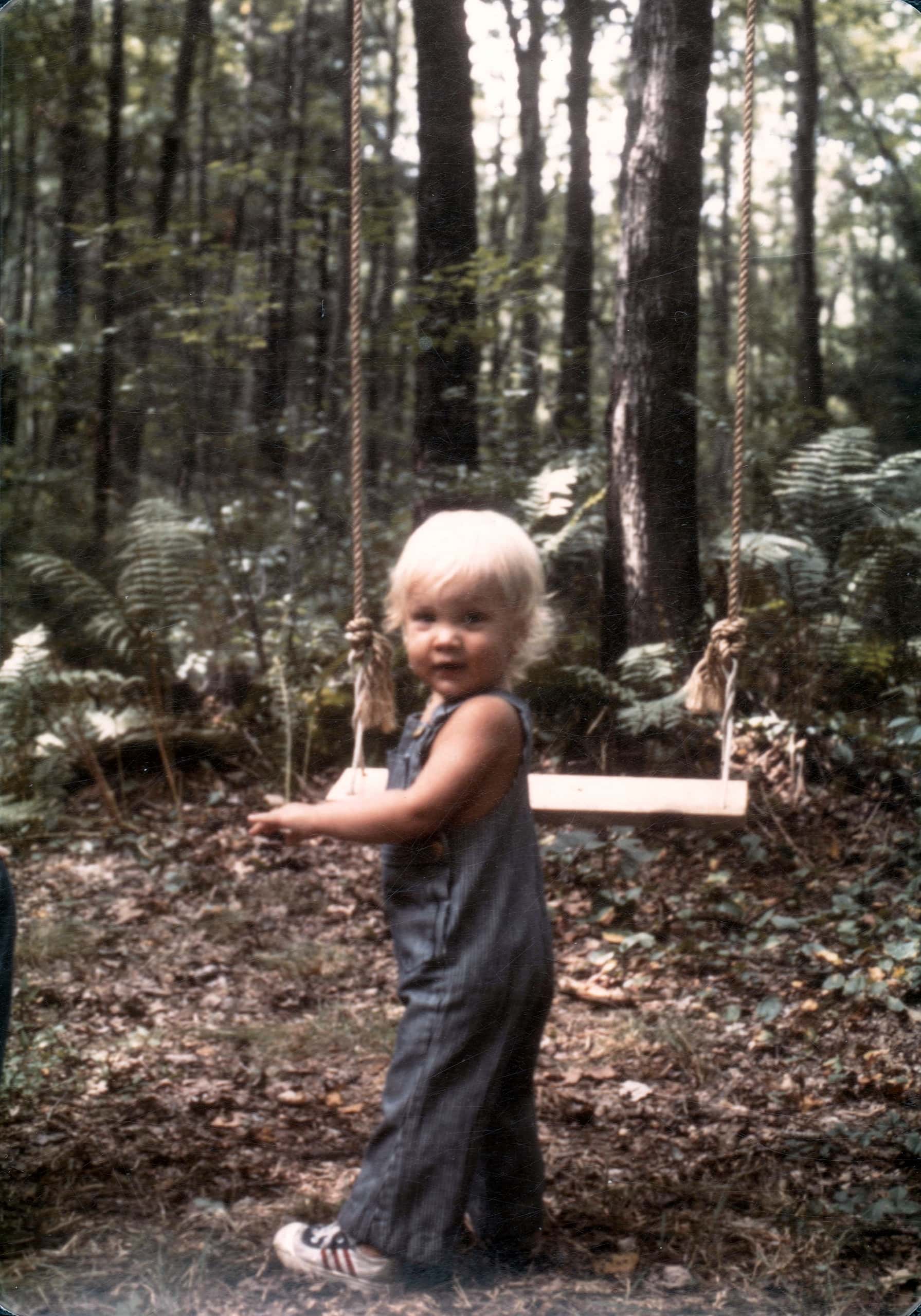Note: This was written somewhat on the fly in a couple hours this afternoon, based on thoughts germinating for days. As such, it's likely not the most eloquent bit I've shared. But, hope it makes some sense, and thanks for your literary compassion!
Funny how the years seem to creep up, silently, stealthily, lionesque, a perspective predator waiting to pounce and sink its fangs deep into your psyche.

I remember a long time ago celebrating my parents’ 50th birthdays. They seemed, well, old. Really old. Like bordering on ancient, one foot in the grave, the tottering and doddering kind of old. (I might be exaggerating a bit here - they were all actually quite fit and healthy - but damn, did 50 seem old at the time.)
It’s hard to believe that I’m now a member of that same class, shuffling into, if I’m immensely optimistic, the second half. My kids are too sweet to say it, but I’m sure they’re having similar thoughts as I did 30 years ago: Damn, he’s old.
But, with age comes wisdom, or so I’m told. I’ve been hunting around for it these last few weeks, but seem to have misplaced it somewhere. But others have fortunately shared skyscrapers of wisdom accumulated over the decades, so I don’t feel the need to bore with a long list of thoughts. If you want to read one of the best, read the real version of Dave Barry’s 25 Things I Have Learned in 50 Years. (There are a lot of mutated and mutilated versions of this floating around, but the link above is to the original from Barry’s book Dave Barry Turns 50.)
So, instead of a list, I’ll offer to all one small thing (well, really three, but they're all connected) I’ve learned in my 50 years, and attach to it a request/challenge and reward. Read on if you want!


What have I learned in 50 years? If I could distill it down into a simple, bite-sized chunk, it is this: give, and give generously.
I know, it sounds pithy, simplistic. Perhaps it is. But, maybe pith is like clichés and is something that must be dug into, investigated, challenged, even embraced.
So, what do I mean by giving? Well, in all ways I guess. And, I’m not talking about the giving John Steinbeck so heartily and justifiably decried in The Log from the Sea of Cortez, that kind of giving that is focused more on receiving, a duplicitous generosity aimed at serving the giver more than the recipient (or both).
Perhaps the most overrated virtue in our list of shoddy virtues is that of giving. Giving builds up the ego of the giver, makes him superior and higher and larger than the receiver. Nearly always, giving is a selfish pleasure, and in many cases it is a downright destructive and evil thing. One has only to remember some of our wolfish financiers who spend two-thirds of their lives clawing fortunes out of the guts of society and the latter third pushing it back. It is not enough to suppose that their philanthropy is a kind of frightened restitution, or that their natures change when they have enough. Such a nature never has enough and natures do not change that readily. I think that the impulse is the same in both cases. For giving can bring the same sense of superiority as getting does, and philanthropy may be another kind of spiritual avarice.
- John Steinbeck, The Log from the Sea of Cortez
Give of yourself.
No, I don’t mean giving away body parts like the Buddha (although being an organ donor is a good thing!). Rather, I mean reach out, speak to and share with those around you who you normally wouldn’t interact with.
A couple weeks back, our garage door opener went on the fritz. I called someone to come check on it. Brian showed up, gruff, rough, and tumble, scraggly hair and tats, smoking in his agro truck. He and I likely would not cross paths normally, but I always like to talk to everyone, dig a bit, find the commonality and mute the difference.
And so we began.
In the hour Brian was in the garage working his magic, we covered life and family (like me, his parents divorced when he was young), children (he has a teenage daughter who, like me, he loves dearly and strives only to build the best for her), politics (he’s an independent, frustrated with and distrustful of most politicians, but hopeful for the future), spirituality and religion (he, like me, is more spiritual than religious, and tries to be open to all and see the person and their actions rather than their beliefs), the crippling division in our society (he tries whenever possible to reach out to others, and is deeply saddened by the division in our world), and hiking and nature (like me, he sees nature as his refuge, his catharsis, the place he goes to find peace, serenity, reconnection).

The next day, after scheduling another appointment to get the garage fixed, Brian wrote a second text just saying thanks, that our conversation was a good one for him, and “our chat reopened some things I may have let go of partially.” It was the same for me.
Just a conversation, so easily missed simply by not bothering, not taking the time, yet immensely beneficial to all. It’s one I try to have as much as I can, even as an introvert who’s often happier alone in the woods. But, I’ve found simple conversations - giving and receiving through basic human connection - are transformational for all. From the taxi driver in New York (Ahmet, from Iran, once an engineer) to the plumber in Golden (Dave, one of the smartest people I’ve ever met) to the sadhu wearing a metal loincloth at Pashupatinath (became a sadhu at 16, loves his Oakley sunglasses, gets tired and cold sometimes), each one is a connection, a bridge built, a reminder of all we share.
After speaking with Brian, I was again reminded of the thing so easy to forget: we Americans, we humans, have far more in common than in difference. And perhaps our biggest barrier to success as a nation, as a species, is our ignorance of that truism.
So, give. Give of yourself. Talk to the Uber or taxi driver, the homeless guy on the corner or the clerk in the grocery (my wife, Wende, who taught me this most, is famous in our family for grocery friendships, hugging every clerk and knowing their life stories…and she is immensely richer for it, as are they), your political opposite in the coffee shop and anyone else who presents an opportunity. Find the commonality, explore the difference without avarice or judgment, and bask in the beauty of giving - and receiving - human connection.
Acknowledge without guilt - but with responsibility - your situation.
It took me a long time to come to terms with the opportunities I had (have) simply by being born a middle-class white male American. I did nothing to earn these benefits; they became mine by virtue of geography and circumstance, a complete rolling of the dice. And so with my lineage: no matter how hard they worked (which they did), they all began with the unearned advantage of being middle-class white Americans.
That’s a powerful springboard that 99% of humanity has no access to.


In younger years, the thought of this provoked an uncomfortable guilt, as if I had done something wrong to be born this way. I tried to hide from it, to compensate for it, to cleanse myself of some original sin of my birth. Others, likely feeling the same, rage against it, attempting to sanitize the situation by insisting everyone is on equal footing, race and ethnicity have no bearing, and those who struggle are likely lazy, stupid, on drugs, or some other ridiculous reason.
And, I get it. Much of our progressive culture unfortunately makes a serious misstep by implying - or insisting - that folks like me (or maybe you) should feel guilty for how they were born. It’s an argument that is patently absurd and not worthy of discussion.
No, what we should all do - and what I’ve worked to learn and embrace over 50 years - is understand the reality of our situation. Each of us is born with some sort of advantage over someone else; there’s always, forever, someone who has it just a bit worse than us. We white Americans - and especially we white, affluent, male Americans - need to acknowledge, without guilt or shame, that we were born, through no doing of our own (unless you were able to choose your parents), with an ingrained advantage. Again, no guilt, no shame, just reality.
With that understanding, that acknowledgment, we then can take on a proud responsibility. Not in some patriarchal sense with a savior complex, but just simple responsibility. I phrase it to myself like this: I understand that, through no doing of my own, a portion of - if not a majority of - my success came from my birth situation. Countless others - most of whom are smarter, stronger, kinder, wiser, harder working, and more, than me - have struggles in their lives that I will never have. Like me, they did nothing to earn this hardship; it’s simply by the virtue of geography and genetics and chance, things none of us can control. Thus, my position in life, my success - earned or not - comes with a responsibility to pay it forward, to share that which I did not earn with those who need it.
Once I put it to myself this way, the guilt of me, the guilt of being born white, male, American, and middle class, dissipated, and the opportunity to address the responsibility of my birth became a welcome thing. Giving, helping, paying it forward, became simply the right thing, the welcome thing, the good thing, without reservation.
So, the final thing I (may) have learned: give.
The idea is as old as humanity. When we were wandering Neanderthals hunting and gathering, we had the the traits of compassion, empathy, altruism.

Archaeologists at the University of York found, for instance, evidence of Neanderthals in Europe caring for maybe 20 years for “a Neanderthal with a withered arm, deformed feet and blindness in one eye.” One can reasonably assume that Neanderthal did not choose his/her situation, but came to it by chance, by situation, and yet was cared for…for some 20 years.
Empathy. Compassion. Altruism. Giving.
Of all the human traits, these are in my estimation the most important, the most noble, the most critical to our past success and our future viability.
And yet, they tend to be the ones most often absent when they’re needed most, when our fellow inhabitants of this planet need them most, when we ourselves need them most.
But we can change that by…giving. Giving of ourselves. Giving of our time. Giving of our minds, our labor, our financial ability.
I’m well aware of the Steinbeckian giving conundrum above, the giving to whitewash, giving to get, reciprocal giving. Steinbeck was right: that type of giving is an overrated virtue, I’d say not a virtue at all, but a defect, cynicism at its finest.
But, Steinbeck I think fails to see that there is good giving, altruistic giving. And that even though there is always a degree of reciprocity - even simply in that the giver feels good by giving, and thus receives - giving is in fact a good thing, a necessary thing.
So, my final thought after 50 years is give. Find someone, some thing, some cause that you believe in, that tugs your heartstrings, that pokes that vein of compassion in us all. Figure out what you have an (even a little) abundance of, and give of that, be it time, money, labor, or whatever (or all). Write a check, volunteer, have a conversation, offer a hug, allow for connection.
And, finally, a challenge.
Talk, as we know, is cheap. We need to put our money where our mouths are.

To that end, for my 50th, I’m giving $5,000 to the dZi Foundation. As most of you know, dZi works in Nepal, and is an amazing organization to which I am deeply connected. This is a big chunk for me, but I feel it's a drop in the proverbial bucket with all Nepal has given to me for 30 years.
So, I’d like to offer a twofold challenge. I’m giving the $5,000 to dZi no matter what, but to encourage others out there who have a connection to Nepal, I’m offering a free 8x12 inch lokta print from my collection to anyone who gives $100 or more to dZi before year’s end. If you don’t know what I’m talking about, you can read more here and see some examples of my images from The Lokta Project here. But, in a nutshell, these are prints of and from Nepal and Tibet, handcrafted and printed on handmade lokta paper, a traditional, sustainable paper made for centuries in the Himalaya.
To qualify for this, make your donation to dZi Foundation of $100 or more. Take a screenshot of the transaction receipt (or of the email confirmation) and send it to me. Be sure to include your mailing address for the print as well as the photo you’d like on lokta; you can choose from any in my Nepal, India, and Tibet galleries. Please note that given the cost of international shipping, I can only offer this free print to those in the USA. Thanks for your understanding.
Finally, to be fair, I know $100 may be out of the range of many. So, if that is the case for you, please donate what you can and let me know as above and I’ll honor your situation. I’ll make honesty the policy coupled with knowing every little bit helps!
Happy Holidays to you all, and here's to a 2024 full of guiltless giving, endless empathy, and abundant altruism!



